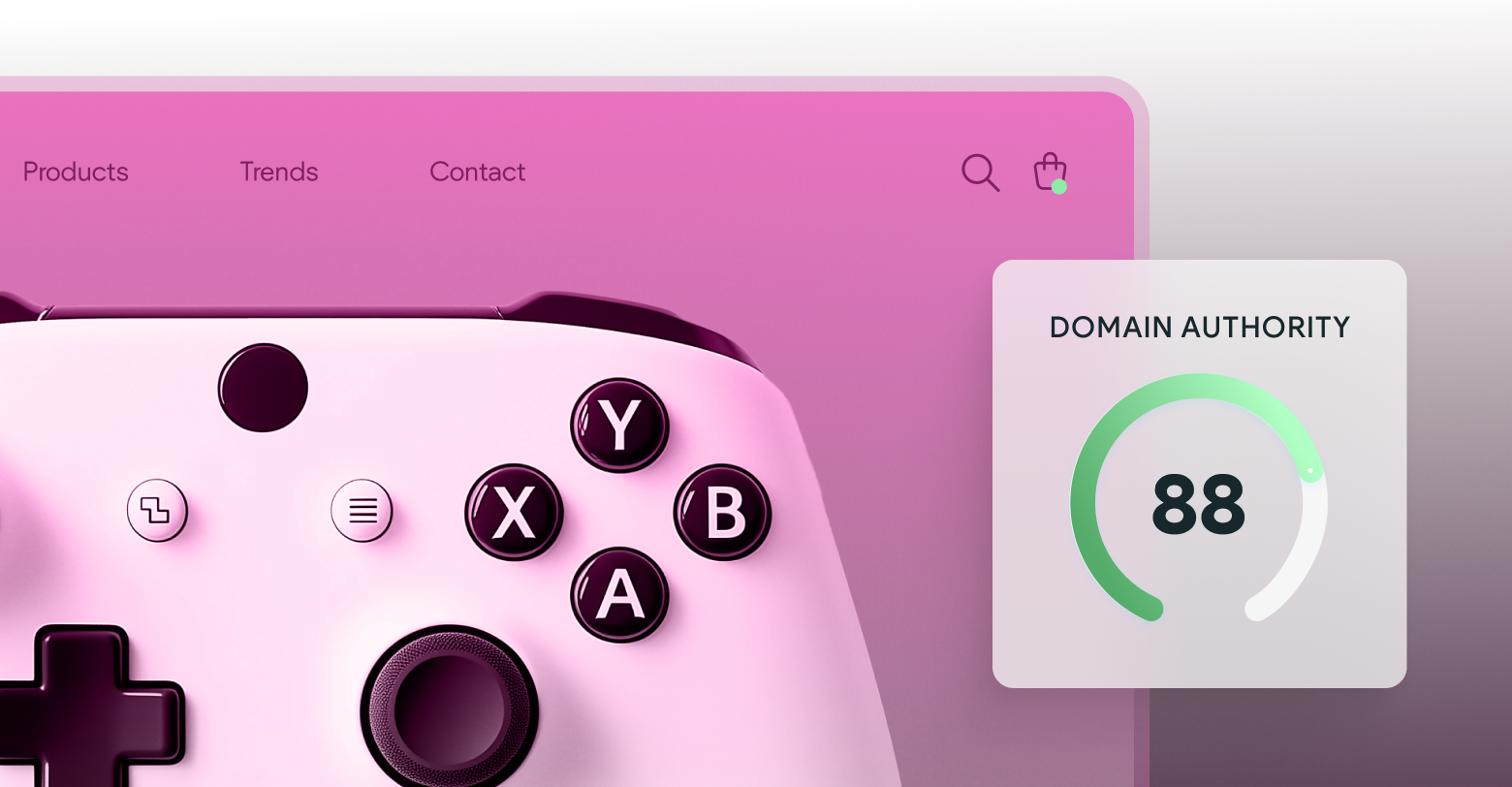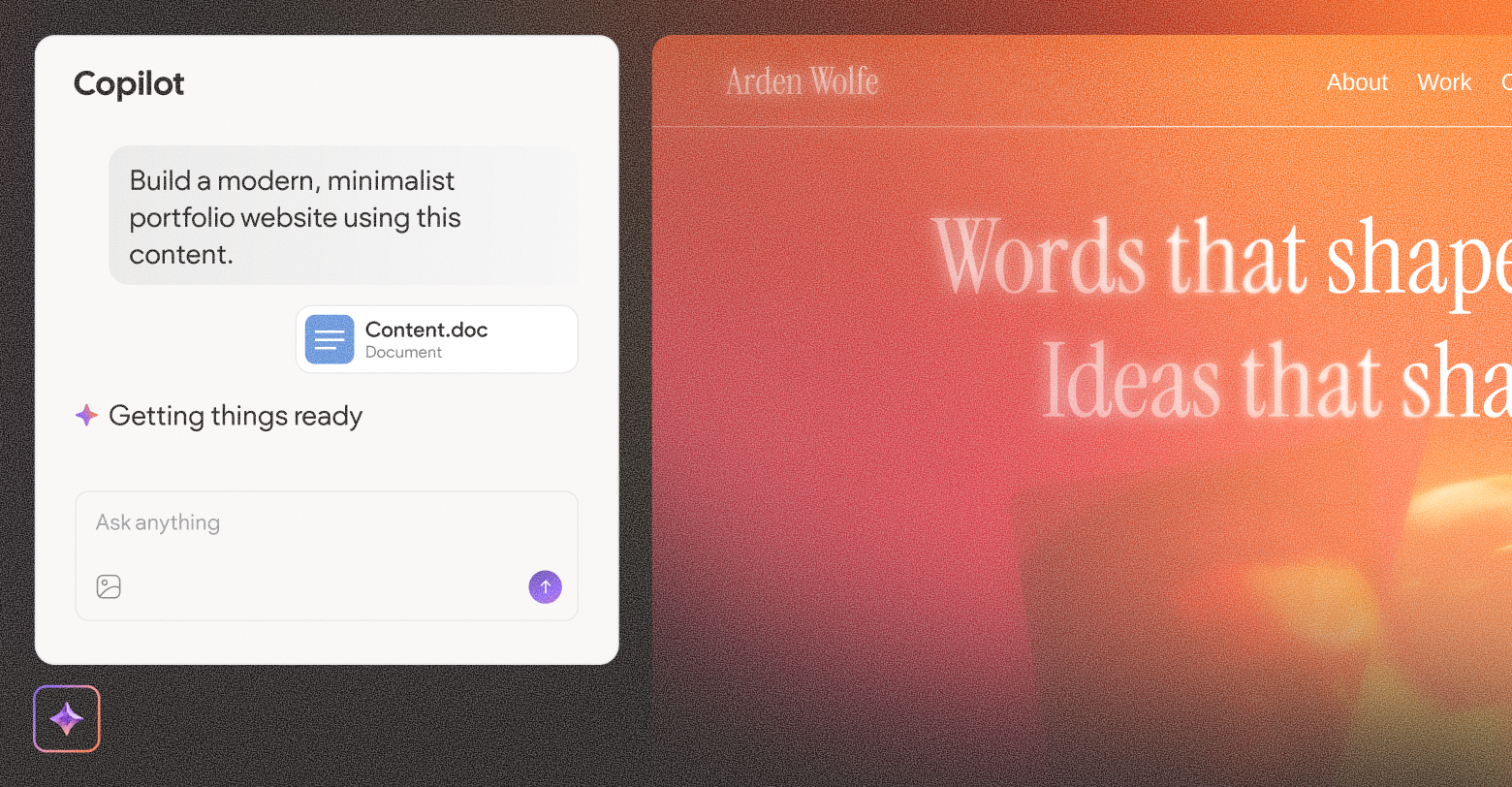If you haven’t heard it yet, you’re bound to at some point. Your client “heard from a friend” that they should be building Wordpress. You weren’t planning to use Wordpress for this site, though. What now?
This predicament isn’t unique to website builders, mind you. Every
agency, across all disciplines, has encountered a backseat driver before. These clients want things done in a specific way, for a somewhat indeterminate reason. They may be afraid of being cheated, they may have had a bad experience in the past, or they may have just encountered some bad information online.
Whatever the case, now you’ve got a situation to diffuse. How to help reassure a cautious client that you have their best interest at heart and have exactly the right tools for the job? Well, who better to ask than fellow website building professionals!
Assess their needs, then compare costs
Millions upon millions of websites are running on Wordpress, so there is some validity to their statement. It can be a useful platform for some, but is it right for your client?
Wordpress websites can be markedly more expensive to operate than a comparable Duda website.
Upsites spends only a third of what they used to spend building Wordpress sites since switching to Duda, for instance. These savings can be passed on to your clients—a great incentive to consider other options!
Keep in mind that, if your clients need features Duda doesn’t support out-of-the-box, additional capabilities may be available via the
Duda App Store. Many of these apps are available at very low prices, making it easy to extend your capabilities while still cutting costs.
Compare that to Wordpress, which requires your team to pay for hosting, plugins, and themes (or a theme builder)—all at varying costs. You may even need to hire a developer depending on the structure of your agency and the needs of your clients. That's some serious overhead right out of the gate.
Discuss security and maintenance costs
We discussed costs above, but a huge part of why Wordpress is more expensive to maintain than comparable website builders is the cost of continuous maintenance upkeep.
Plugin vulnerabilities are not uncommon, meaning agencies need to be diligent to ensure software is up-to-date and maybe even replaced if a safe solution isn’t readily available.
Security concerns are a big risk for an agency’s reputation. If a client site is hacked, they aren’t going to blame an ephemeral concept like their technology stack, they’re, unfortunately, going to blame the professionals who built their site.
The culmination is more work for your team, higher costs, and fewer rewards. A lose-lose for you and your clients.
Show off faster speeds and better performance
Duda is (very proudly) the leader in
Google’s Core Web Vitals (CWV) initiative. This is great for SEO, but it’s also great for end-user experience overall. Websites earn high CWV scores because they’re fast and responsive, attributes that reflect highly on the website owner’s brand.
A really important point is to center the conversation around your clients. Performance is great! I know that, you do too—but it may not be a selling point for a particular client. You need to express, instead, what good performance gets them. It strengthens their brand, it
increases conversions, and it improves their chances of ranking in Google’s search results. These are the tangible benefits that convince clients.
Meet your clients’ concerns head on
Every client is going to come to you from a different perspective, with a different set of concerns, and a different level of technical expertise. While the advice laid out above is helpful, you need to meet the concerns of your clients head on. They may express a point you’ve never heard before, and that isn’t mentioned here, but it doesn’t mean nobody’s ever heard it!
Eva Pettifor shared a list of rebuttals she uses when asked about Wordpress in the
Duda Community, and she’s far from the only one to be asked this. Your fellow web professionals, combined, have heard it all before. Don’t be afraid to reach out!








